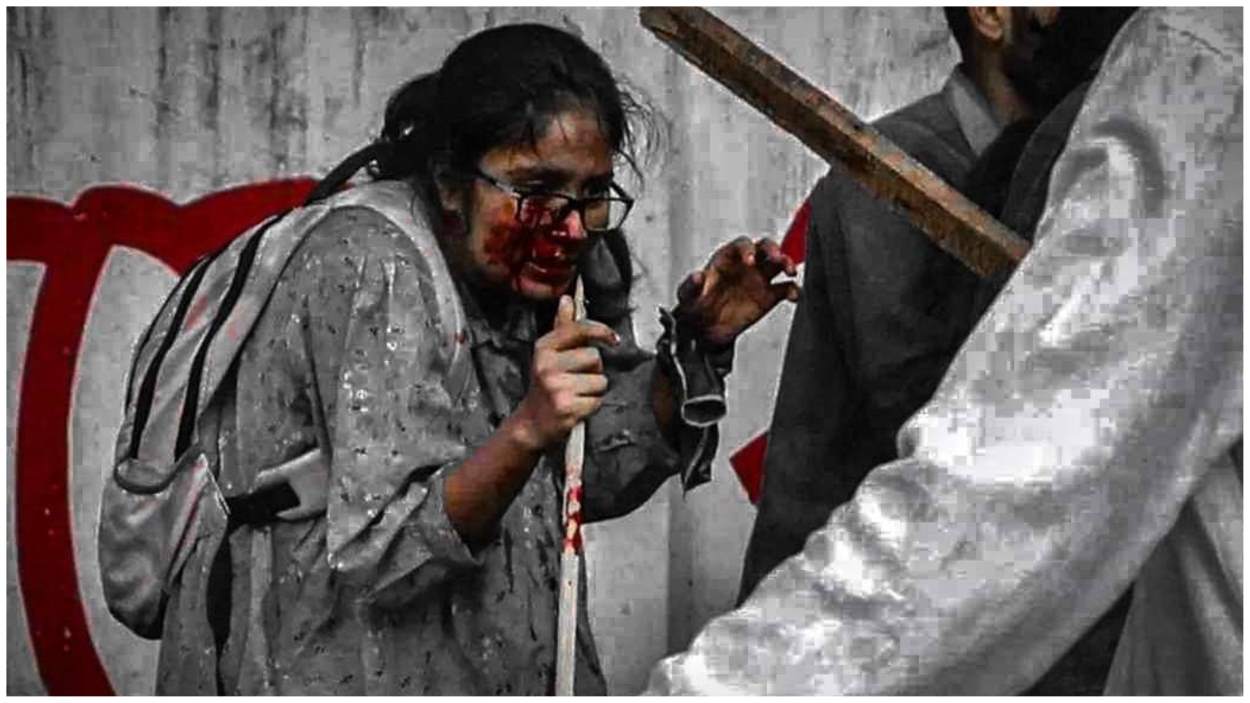Bangladesh has indefinitely closed all public and private universities starting Wednesday after protests against a government job quota system escalated into deadly clashes, resulting in at least six fatalities and numerous injuries.
The nation has faced weeks of unrest over a quota reserving 30% of government jobs for relatives of 1971 War of Independence veterans, exacerbating the frustrations of many students amid high youth unemployment.
Tensions increased when Prime Minister Sheikh Hasina declined to negotiate with protestors due to ongoing court proceedings and labelled quota opponents as “Razakar,” a term for collaborators with the Pakistani army during the 1971 war.
This week, confrontations intensified between anti-quota demonstrators and the Awami League’s student wing, prompting police to use rubber bullets and tear gas.
Authorities have deployed riot police and the Border Guard Bangladesh across university campuses to maintain order.
The University Grants Commission responded to the escalating violence by ordering a nationwide university shutdown late Tuesday, mandating immediate evacuation of the premises.
Further actions saw police raid the headquarters of the opposition Bangladesh Nationalist Party, arresting seven activists and alleging the recovery of crude bombs and petrol bombs.
These protests pose a significant challenge to Hasina’s administration, underlining the public’s growing demand for changes in employment and quota systems in government hiring.






